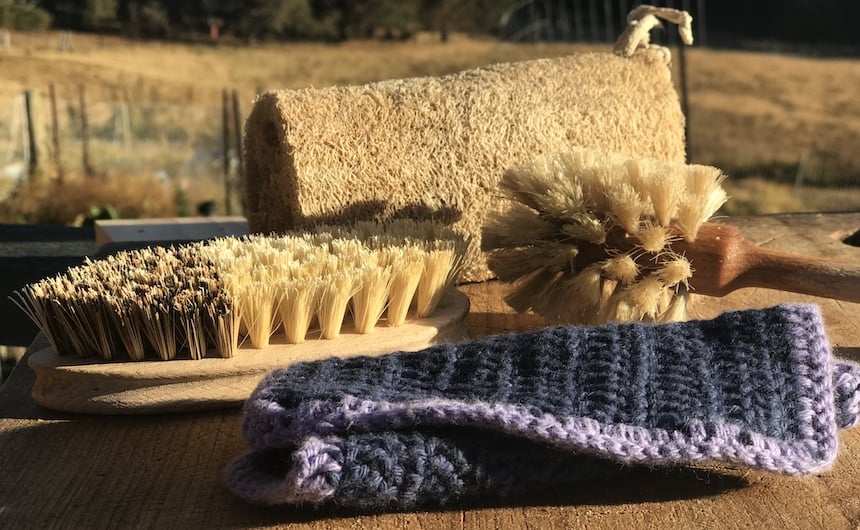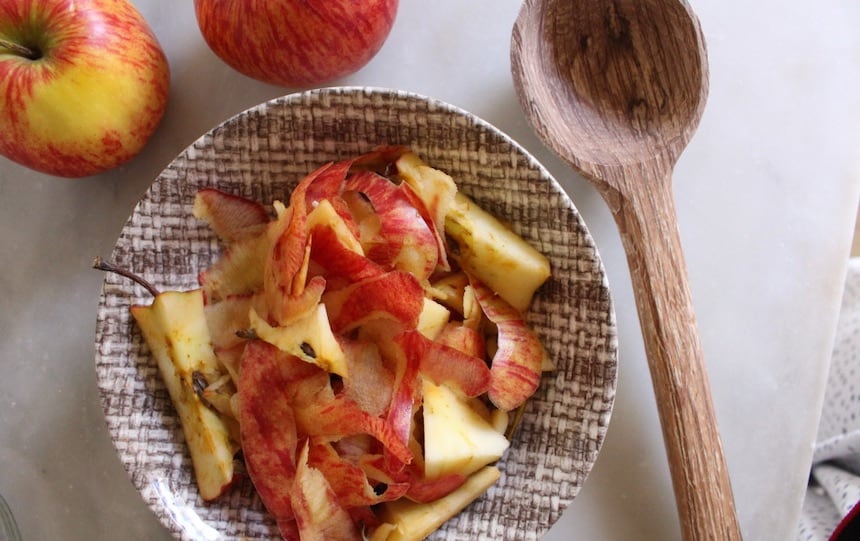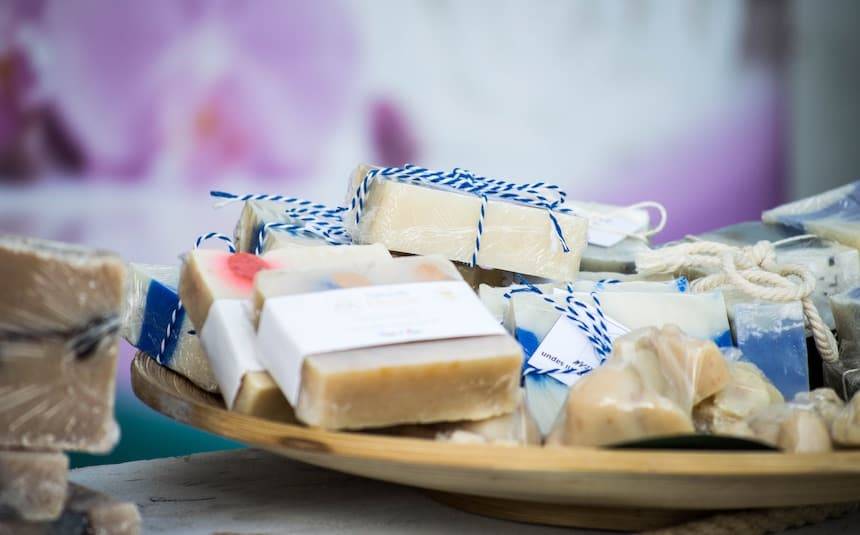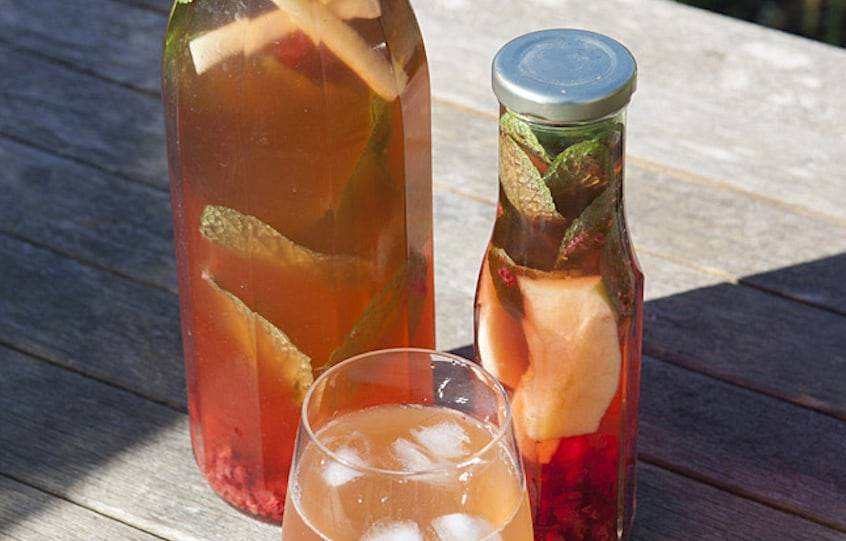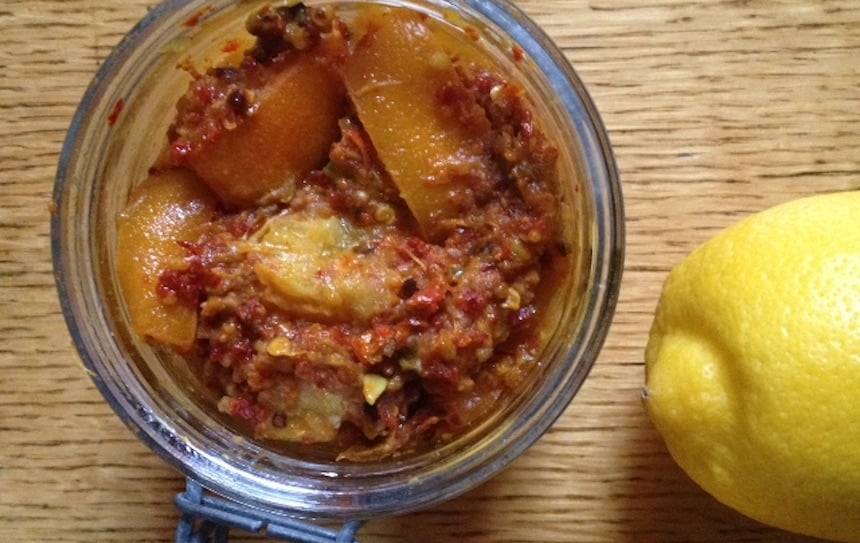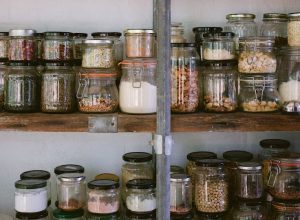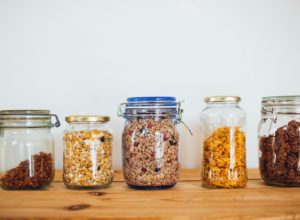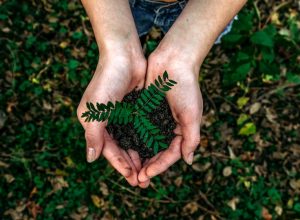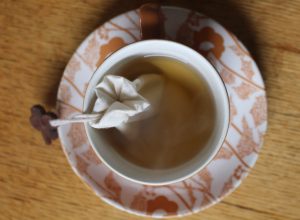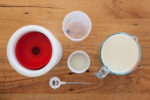It’s time for the annual Plastic Free July challenge! Here are 31 ways to get started on your journey to live plastic free.
1. Grow your own
Growing your own food reduces your need to shop, and reducing your need to shop reduces the risk of buying items wrapped in plastic… or having to take a plastic shopping bag when you’re picking something up on the go.
If you’re new to this gardening caper we have plenty of how-to guides and advice on how to get started in the Grow section of our website. Or pick up a copy of Pip Magazine for regular garden know-how and a comprehensive Australia-wide course guide if you want to skill up.
2. Join or start your own food co-op
Check out our article on the how’s and to-do’s of starting your own food co-op. And find out more about why a fair food system is so crucial.
3. Invest in a reusable takeaway coffee cup collection
Keep them in places close to hand when caffeine may be non-negotiable (in your handbag, pram or on your desk). If you’re really organised you can invest in a thermos and BYO beverages wherever you go.
4. Collect reusable bags that you love to use
Ugly green bags be damned! Why not make your own?
5. Make apple scrap vinegar
This stuff is great. You can use it to replace normal apple scrap vinegar in your pantry, and replace many plastic-packaged cleaning products with it in your laundry. Best of all, it is literally made with scraps!
6. Break up with cling wrap
Purchase or make some beeswax wraps instead.
7. Give up bottled water
And make carrying your own reusable water bottle a daily ritual.
8. Make your own probiotic ferments
Try starting with these simple kimchi or sauerkraut recipes. Got some fermenting questions? Checkout our fermenting troubleshooting guide.
9. Trade and barter
If you don’t feel like growing or making your own is going to be for you, join your local Rough Trade group (or start your own if you don’t have one) and start trading and bartering relationships with your neighbours. Chances are someone is making what you want, and vice-versa!
10. Make bone broth or veg scrap stock
And store it to ensure a long supply of nutritious base-stock for your cooking. Our recipe from nutrient-dense food guru Mel Turnbull is simple, yet it tastes incredible and makes use of scraps.
11. Do a rubbish bin audit
Sort through your trash and work out where most of the waste you’re generating is coming from – the results may surprise you and will help you to tackle your plastic habits strategically.
12. Shop local
When you shop face-to-face with the owner of a store you can ask them directly to use your reusable containers for fresh fruit and veg, meats and small-goods.
Shopping at supermarkets for these items means they will almost always come prepackaged, robbing you of the chance to chat to your local butcher about putting your chops directly into a BYO-container and spreading the zero waste word.
13. Buy it once
Invest in quality plastic free items that last, like stainless steel pegs and wood-handled gardening tools.
14. Make your own body products
It saves plastic, dollars and hours reading the tiny print on the back of bottles to see if they contain Sodium Lauryl Sulfate and other potentially yucky chemicals. Check out 3 recipes to reduce plastic in the bathroom or our Gardener’s Hand Scrub recipe.
15. Compost
What better way to recycle your food waste and avoid buying plastic-wrapped garden products? See our easy quick compost recipe and read our beginner’s guide if you’re just starting out.
16. Give up plastic sponges
Make your own cleaning cloths using old clothes, millet scrubbing brushes and crochet swiffers.
17. Commit to natural fibres in your wardrobe
Polar fleece may feel all warm and snuggly but it releases a harmful trail of micro-plastics every time you wash it, that end up in our oceans.
Read more about committing to slow fashion in Issue 6 and ethical clothing in Issue 13 of Pip Magazine.
18. Make your own potting mix
It’s very easy, can be made of home-grown soil products (compost, leaf mould, worm castings) and means no more expensive, plastic-wrapped potting mix.
19. Get fizzy in the kitchen
Do away with store-bought fizzy drinks and make your own – ginger beer, fizzy rhubarb champagne and kombucha are some of our favourites.
20. If you’re craftily-inclined, get into natural dyeing
This is a beautiful way to turn scraps and remnants into “new” crafting materials.
Our craft guru Deborah Brearley op-shops and stashes up on different scraps of yarns and fabrics and then dyes them together to create a unified colour, so that these scraps can come together and be made into new crafty items. See Pip issue 7 for Deb’s natural dyeing know-how.
21. Pack your lunch
Or carry snacks if you’re a grazer on-the-go. Planning ahead and being prepared means you will be less likely to buy plastic-wrapped snacks to fill you up if you get stuck out and about with a grumbling tummy.
22. Make your own sunscreen
If you spend a lot of time outdoors like our family, then you will know you go through quite a bit of sunscreen – but did you know you can make your own?
23. Grow your own chook food
You may not be able to grow all your own chook food in your backyard, but you can have a crack at reducing your external inputs and reduce the amount of packaged food you need to buy with our simple homegrown tips.
24. Make your own toothpaste
It is deliciously fresh, much cheaper than normal toothpaste, free of questionable additives and simple to make.
25. Store your fruit and veg correctly
This will reduce your need to throw them out and go shopping again.
26. Make your own washing powder
It’s easy and much better for the environment.
27. If you take-away food, try asking your local restaurant if they will let you BYO containers
Think of all the plastic containers you could save from landfill over an entire year.
28. Skip the deli section at your local supermarket and try making your own olives, cheeses, yogurt and small-goods
It is seriously easier than you think… Salt and mould are responsible for a whole lot of deliciousness.
29. Start a co-operative to get your own dairy goat
We are not joking. Check out this Pip podcast for inspiration on backyard goats.
30. Make your own garden seaweed fertilizer
It’s cheap and doesn’t come in a plastic bottle, plus it gives you a great excuse for a seaside holiday!

